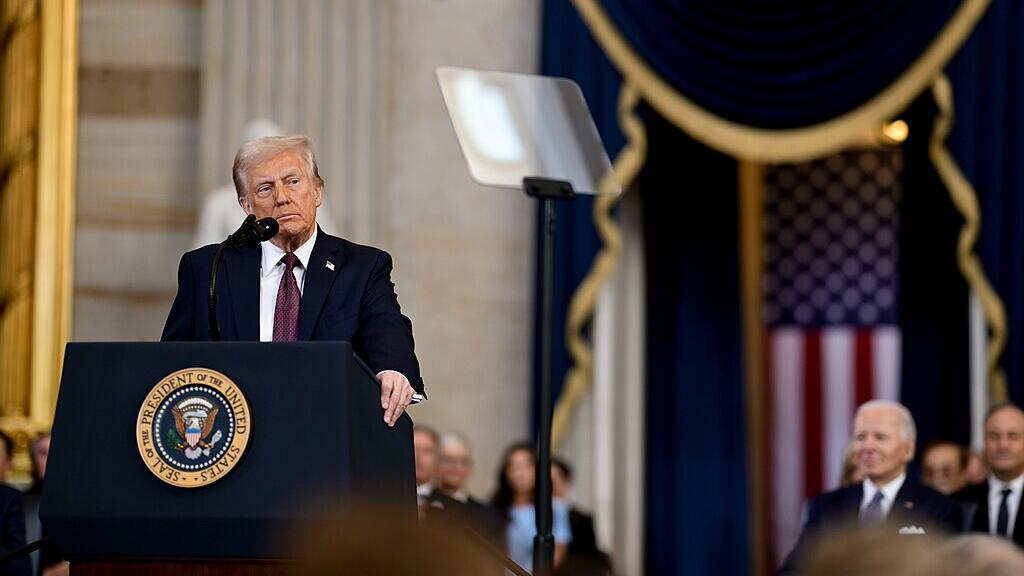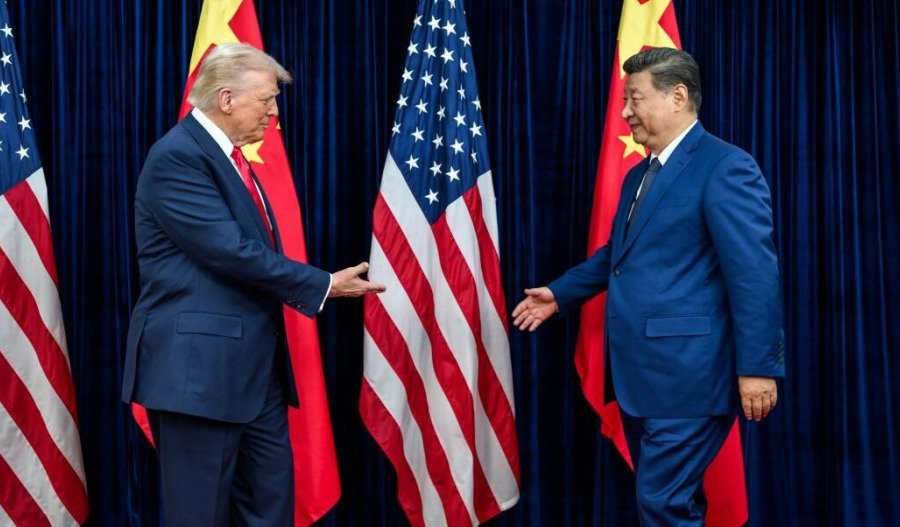The Chinese government is set to lift export restrictions on critical minerals, cease exports of chemicals to North America required to produce fentanyl and resume the flow of key auto semiconductors.
The White House confirmed the deal in a fact sheet that gives a detailed summary of the accord reached between Chinese and United States negotiators and signed off by U.S. President Donald Trump and Chinese leader Xi Jinping in South Korea.
According to the U.S. Treasury Secretary Scott Bessent, the signing of the agreement would de-escalate tensions between the countries and essentially implement a one-year truce starting as soon as this week.
A major issue discussed in the deal was automotive computer chips due to concerns that a lack of chips from Nexperia, which has production facilities in China, could create global supply chain issues.
While Nexperia is based in the Netherlands, despite is a Chinese-owned company.
Around 70% of the company’s chips are made in Europe and sent to China to be completed and re-exported to other countries.
The fact sheet states that China will "take appropriate measures to ensure the resumption of trade from Nexperia's facilities in China, allowing production of critical legacy chips to flow to the rest of the world".
Beijing said it would consider exempting individual firms after China previously said it would not re-export Nexperia chips completed in its Chinese factories to Europe, following the Netherlands taking control of Nexperia.
The White House also said it would lower tariffs brought in to curb the import of fentanyl into the U.S.
China has also committed to buying 12 million tonnes of U.S. soybeans in the last two months of 2025 and 25 million metric tonnes each of the following three months, which is around the levels they were previously at.
This comes after China's decision to stop purchasing soybeans from the U.S. earlier this year denied American farmers access to their largest export market.



